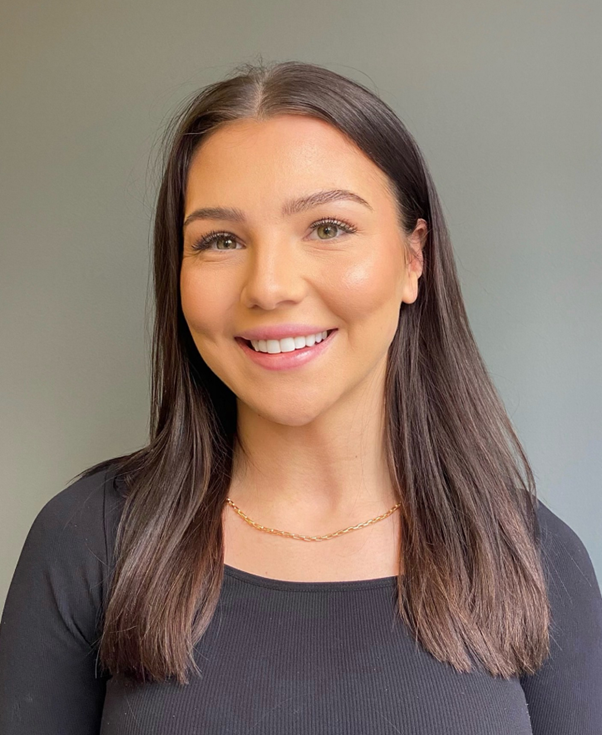
MRCP Speciality Certificate Examinations | An Overview
11 Feb, 20239 Minutes
Do you want to obtain a specialist position in the NHS?
If so, one of the best routes you can take is the MRCP SCE. An SCE is a Special Certificate examination which tests your knowledge and skill set in your chosen speciality. If you want to complete your CCT (Certificate of Completion of Training), completing an SCE is required.
Here are the sub-specialities that the SCE exams cover:
- Acute Medicine
- Dermatology
- Endocrinology and Diabetes
- Gastroenterology
- Geriatric Medicine
- Infectious Diseases
- Medical Oncology
- Nephrology
- Neurology
- Palliative Medicine
- Respiratory Medicine
- Rheumatology
Before we get in to why you should sit the SCE, how to apply and some tips for the exams themselves Daniel has put together this video that covers all of the highlights:
Why Take MRCP SCE?
From the standpoint of the NHS, specialist doctors taking the SCE is essential as it proves they have sufficient knowledge to practice in that speciality. It’s a national assessment that puts all speciality doctors on a base level, ensuring superior care from all.
The SCEs are also a good way to stand out amongst all the other doctors who are competing for the best jobs. You will find that most International Medical Graduates get the MRCP and so getting the SCE on top will impress employers. You are much more likely to get a specialist job as your first post in the NHS with the MRCP SCE.
As a trainee doctor, they also help to prove your skills when you’re towards the end of your training. Passing an SCE in your subspecialty will significantly increase your chances of getting the NHS job you want – especially if you combine MRCP with SCE.
How to Apply for MRCP SCE
First, consider when is the best time to apply for your SCE. The Royal College of Physicians recommend that you apply near the end of your specialist training, and we echo that. With all your training experience fresh in your mind, you’ll have a higher chance of acing the exam. Plus, the timing will coincide nicely with the end of your training, allowing you to apply for speciality positions immediately. While this is the recommended route, keep in mind that you can take the SCE at any time.
Of course, as an IMG you should already have your MRCP 1 and 2 and PACES – you need these to get your GMC registration and practise medicine in the UK. The SCE should be thought of as a worthwhile addition – to help you draw the attention of employers.
To apply, go to your My MRCP(UK) account (you might have to sign up if you haven’t before). From there, click on upcoming exams and select the one most suitable to you in terms of date and location. After sending your application, you’ll pay an application fee and receive all the necessary exam information.
You can take SCE from many places around the world, including South Africa, India, Hong Kong, Uganda, and Qatar. The UK has 137 test centres alone.
The SCE Exam
The SCE exam is taken on a computer and is made up of two multiple-choice papers. Each has 100 questions, and you get three hours to complete each paper.
The questions provide scenarios, and you must pick the best answer out of five potential answers. The questions will involve information like images, investigations, and test results, and you will use your knowledge to show what you would do in these clinical scenarios. Remember that the incorrect answers often resemble the correct answer, making it tricky if you don’t have the core clinical knowledge – you need to use your reasoning and competency.
On exam day, MRCP(UK) asks that you arrive thirty minutes before it starts. There are no refunds if you show up late. Upon arrival, you’ll present your ID and confirmation email before being taken to the test room.
To pass the exam, we suggest the following:
Stay Within the Time Limit
Three hours might sound like plenty of time, but you have to read, understand, and answer 100 questions in that time. So keep a steady pace and an eye on the clock.
Skip Hard Questions
To ensure you don’t waste time, skip the questions you don’t know about and return to them later. The computer will flag the questions you didn’t answer, so finding them again won’t be difficult.
Answer All Questions
The SCE exam doesn’t do negative markings, so it’s worth answering every question, even if you are not 100% certain.
Prepping for MRCP SCE
Of course, the subject matter for SCE depends on your subspeciality – those doing Nephrology will have a different paper than those doing Rheumatology. Still, prepping looks generally the same. A sensible first stop is to go on the MRCP sample questions, where you can get an idea of the format and practice answering questions. There are plenty of them, giving you lots of material to work with.
Reading is a crucial part of passing the SCE. The textbooks you read will depend on your speciality. For example, if you’re doing dermatology, “Textbook of Pediatric Dermatology” (Eds AD Irvine, PH Hoeger, AC Yan. Published by Wiley-Blackwell) is a good choice. However, those doing acute medicine would study “Oxford Textbook of Medicine” (Eds David A. Warrell, Timothy M. Cox, John D. Firth. Published by Oxford University Press).
Lastly, use your speciality training as prep. Everything you learn during training will contribute to your knowledge and skillset, so use that in the exam.
What About MRCP?
You don’t have to complete the MRCP exams to do the SCE exam. However, it’s recommended that IMGs do both MRCP and SCE, as SCE alone will not grant you GMC registration. MRCP is a three-part examination that provides you with a GMC-approved postgraduate qualification that you can use to get to the ST3+ level in the NHS. From there, you can pursue speciality training and take the SCE exam to achieve your ideal speciality position.
What Happens Once You Pass SCE?
Once you pass the SCE, you have demonstrated that you can work in your chosen speciality to a high standard, and – assuming you are GMC registered – you can begin applying for NHS roles in that speciality. It’s a route that gets you on the specialist register, especially if you’re working toward your Certificate of Completion of Training.
These qualifications prove that you will provide safe, high-quality patient care in your specialist role. As Dennis Bielecki points out,
“The most crucial factor is to have your speciality training recognised and verified so you can be placed on the specialist register. There is a marked difference in pay when you’re on the specialist register. In most cases, they will not consider your years of work and experience.”
So, if you want to work in a specialist consultant position for the NHS, the key part is getting on the specialist register, and the MRCP SCE exams can help you get to that stage.
In Summary
If you want to become a specialised doctor in an allied medicine specialism, doing both MRCP and SCE is the ideal route. This rigorous national assessment will test your knowledge of the speciality training curriculum, ensuring you have the skillset and competency to deliver high-quality specialist care to patients.
If you’d like further guidance or assistance in finding your next role in the NHS then please get in touch and we will be happy to help in any way that we can.


